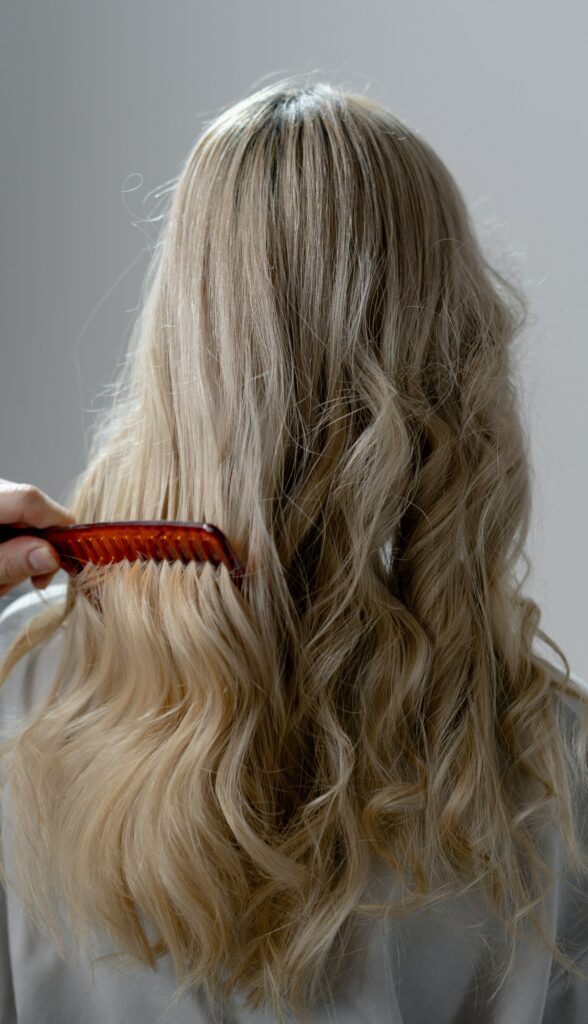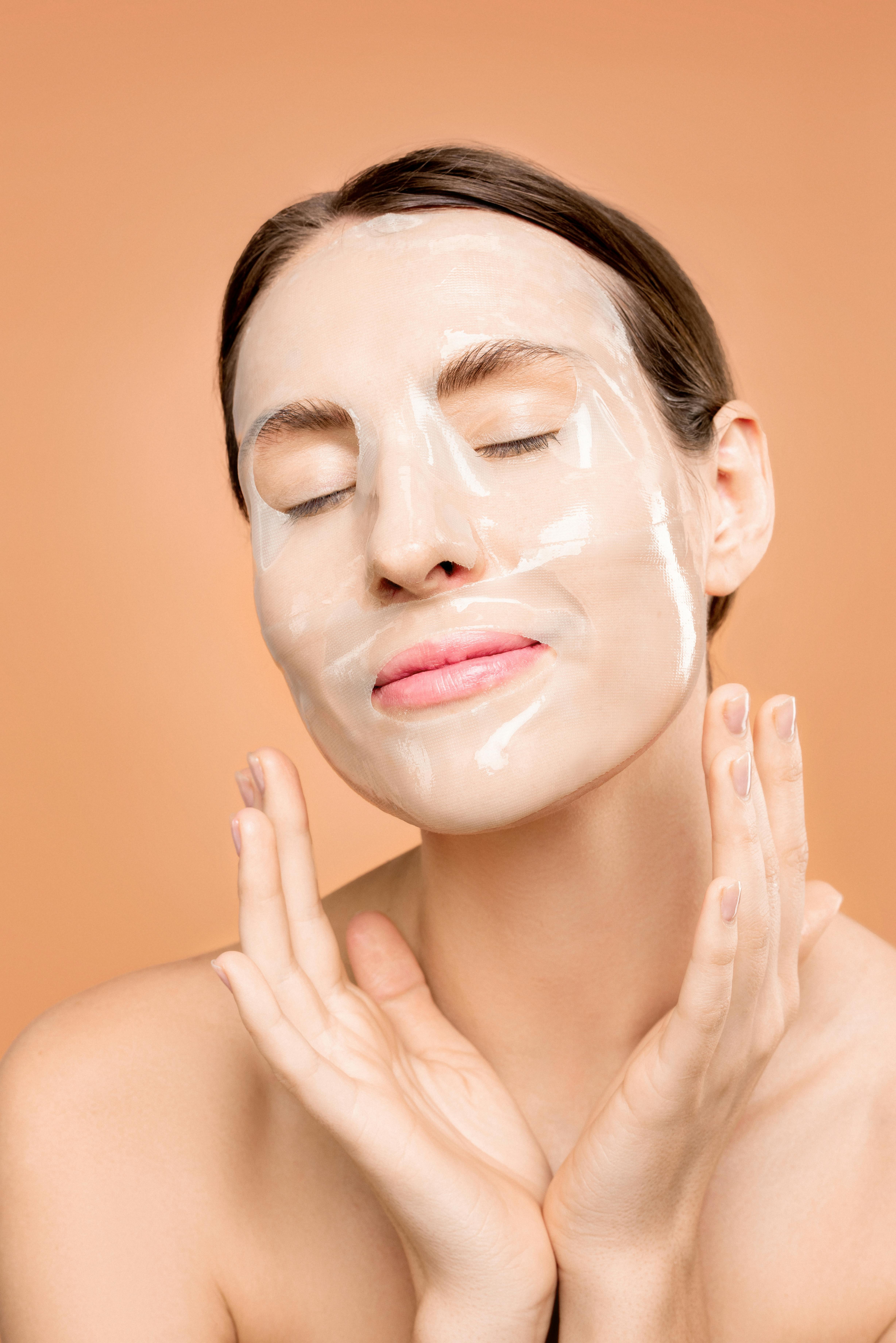Have you considered laser hair therapy and other treatments as one of your options to help control hair loss? Hair loss can be a serious subject, especially if you are experiencing it yourself.
Regardless of your age, gender, and current style standards, it is crucial to understand that everyone experiences hair loss at some point.
Many people don’t discuss it with friends or family because they don’t want to be judged based on the situation.
Learn in this article what you need to know about hair loss, regardless of gender and age.

Causes of Hair Loss
Hair loss is a common problem that can affect almost everyone. Genetics, hormones, or medications usually cause hair loss.
Though hair loss treatment is now accessible in the market, such as hair growing shampoos, topical drugs, or laser therapy, it is still essential to know the reasons and causes why you are experiencing hair loss.
Hair loss can be caused by the following:
Genetics
If you have family members with hair loss issues, your chances of developing similar problems are higher than if you don’t.
Your genes make up about half of your chance of developing hair loss, so if you have a parent or sibling who has lost their hair prematurely, it’s likely that you will as well.
Hormones
Hair loss is a common problem, and knowing what’s happening can be challenging. It’s essential to keep in mind that hormones can play a role in causing hair loss.
The most common cause of hair loss is an increase in male hormones called dihydrotestosterone (DHT). This hormone is made by the adrenal glands and is used to produce testosterone. It also plays a role in regulating hair growth on your head and face.
When DHT levels are high, they can cause damage to the follicles where new hairs grow. It leads to thinner hair and more breakage, resulting in balding spots on your head or face.
Medications
Medications can affect your hair loss in a variety of ways. For example, some medications may cause hair loss by affecting how your body produces new cells or grows old ones.
Others may reduce the amount of blood flowing to your scalp, which could lead to thinning hair.
Diagnosis and Tests
If you’re experiencing hair loss, you must talk to your doctor immediately. Your doctor will be able to determine whether or not you have any underlying conditions that could contribute to your loss of hair, and they’ll likely recommend some tests to help confirm their diagnosis.
If you have a condition causing your hair loss, several treatments are available: medication, laser therapy, surgery, and more.
While these options may help with the symptoms of alopecia areata (aka “patchy” or “scalp-like” baldness), they won’t cure it completely–but they can make it less noticeable so that people won’t notice as much when they do see it.
There are several different types of hair loss, including:
- Alopecia areata (also known as “alopecia universalis”) – This type occurs when the immune system attacks follicles in your scalp. It’s usually temporary, but it can last for years.
- Androgenetic alopecia (also known as “male pattern baldness”) – This condition is caused by genetics and hormonal changes in your body, which can lead to thinning hair on top of the head.
- Telogen effluvium – This type of hair loss occurs when too much scalp skin dies off at one time–a condition called telogen effluvium–and then grows back slowly over time.
Treatment and Prevention
Hair loss is a common problem, but it doesn’t have to be. If you have thinning hair or balding areas, you can use treatments to slow down or prevent further loss.
There are many different types of treatments available for hair loss, including:
Laser Therapy
Laser therapy is a non-invasive treatment that stimulates hair follicles and encourages them to grow back. It is an easy way for people to treat their hair loss without undergoing surgery or medications.
The process works by targeting specific areas on your scalp and using light pulses to stimulate the follicles so they can regrow new hair.
The process takes five to ten sessions over four weeks, but it’s worth it if you have a lot of bald spots or thinning hair.
Minoxidil
Minoxidil helps treat this condition by increasing blood flow to the scalp, encouraging new growth, and reducing the rate at which existing hair falls out. It’s also been shown to improve hair regrowth in other instances where there’s no visible or physical cause for the problem.
Finasteride
Finasteride is an anti-androgen drug used to treat men’s hair loss. It works by blocking the effects of testosterone, which causes hair loss. The drug has been proven to effectively treat male pattern baldness and other forms of hair loss.
Finasteride works by inhibiting the enzyme 5 alpha-reductase, which converts testosterone into dihydrotestosterone (DHT). DHT is responsible for causing hair loss in men.
Hair transplants
Hair transplants are performed by physicians who inject hair follicles into areas with thinning or balding. These follicles can then grow into healthy hairs and fill in the gaps where there was once no hair.
The procedure can be pretty expensive, so it’s essential to consider all your options before deciding on this one.
And here are some tips for preventing hair loss:
- Don’t use harsh chemicals on your hair–they can cause damage and worsen it. Try using natural oils instead, like coconut oil or olive oil.
- Wash your hair with gentle shampoos that don’t contain sulfates or silicones (which can strip away moisture). Instead, try baking soda or apple cider vinegar as a rinse.
- Try not to over-process your hair–this will make it more likely to fall out.
Final Thoughts
It’s important to note that there are many types of hair loss—some temporary, some permanent, and some that fall somewhere in between.
Talk to a doctor or another licensed professional if you’re losing your hair and are worried about what it means.
It’s not just for severe cases; even if you’re just curious about your hair loss, you should consult these experts. They can help you determine what’s happening and how to treat it.






